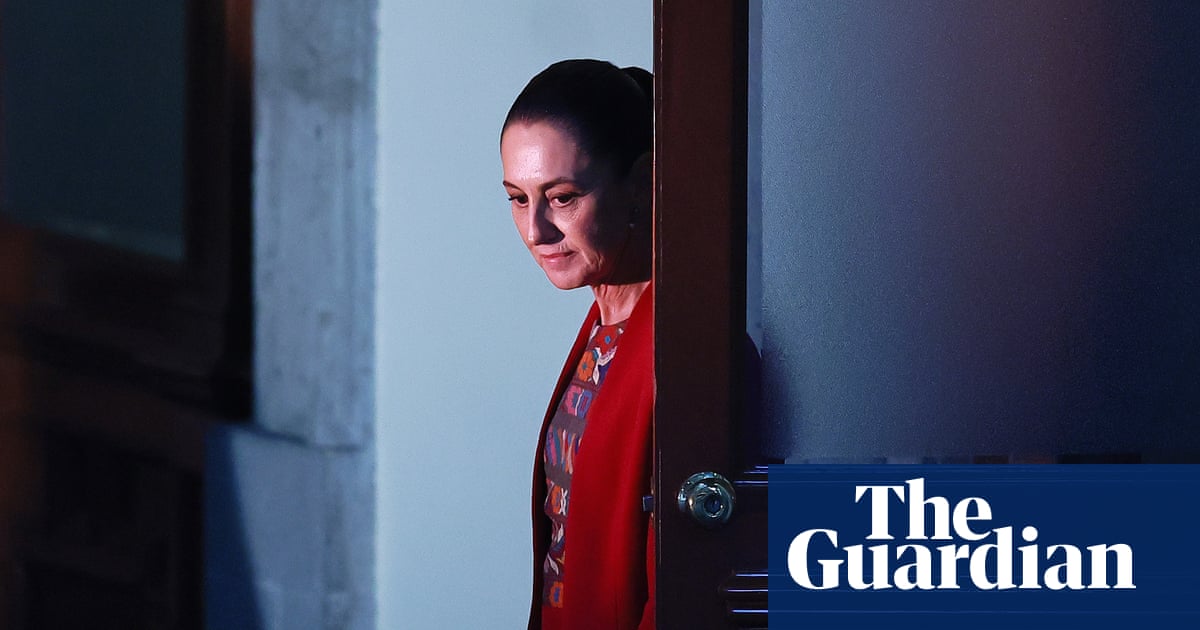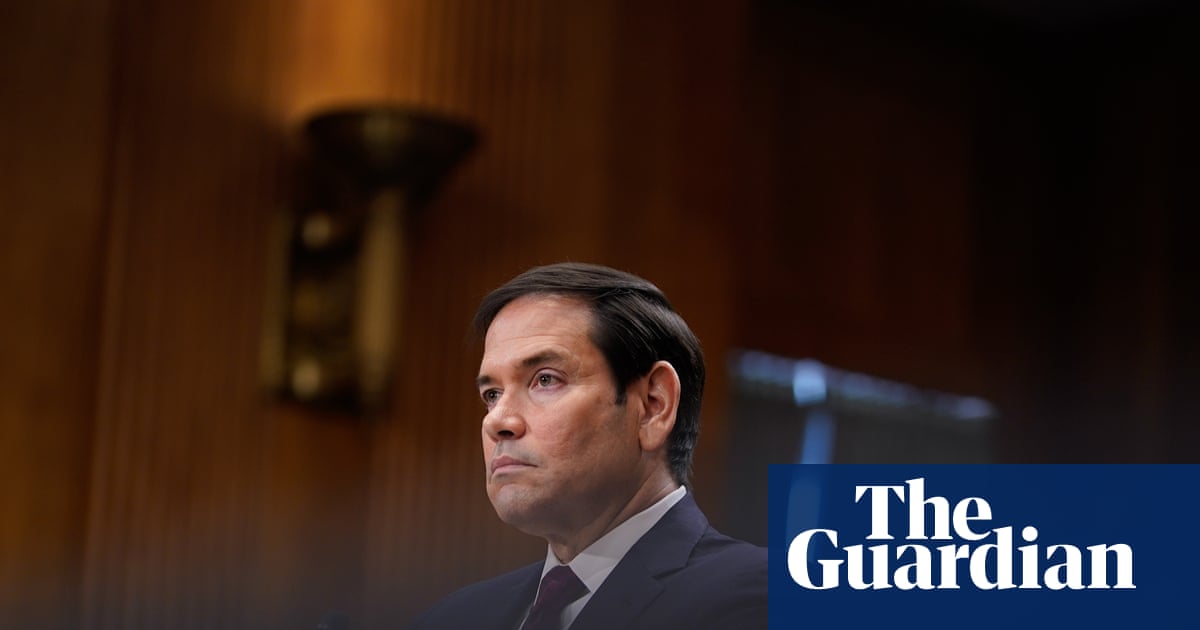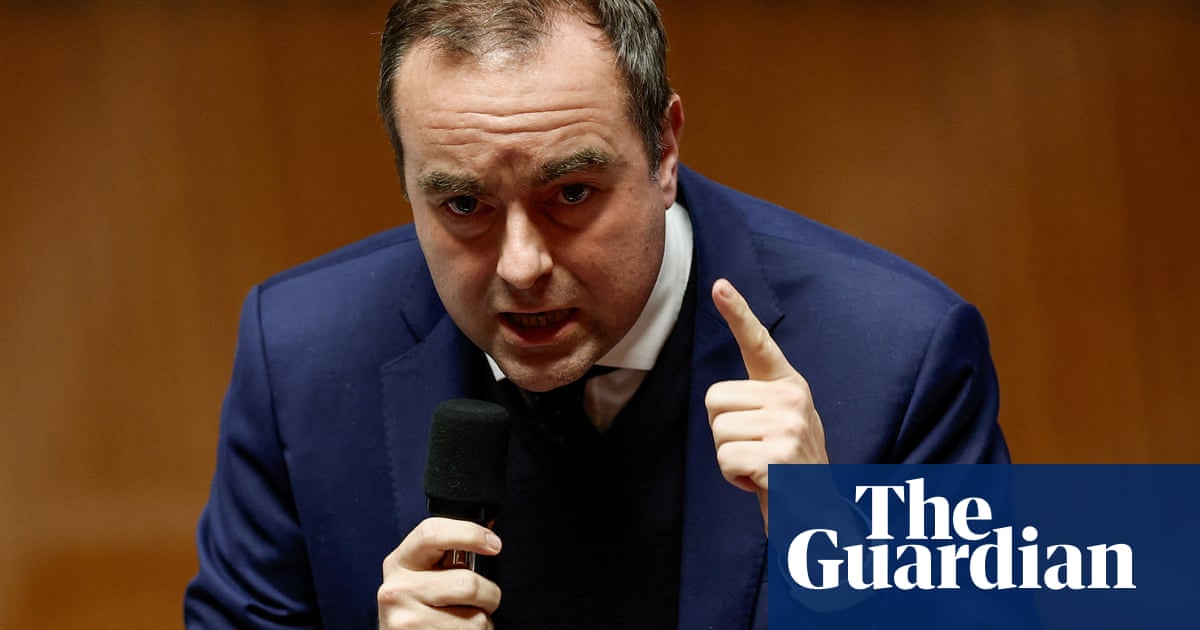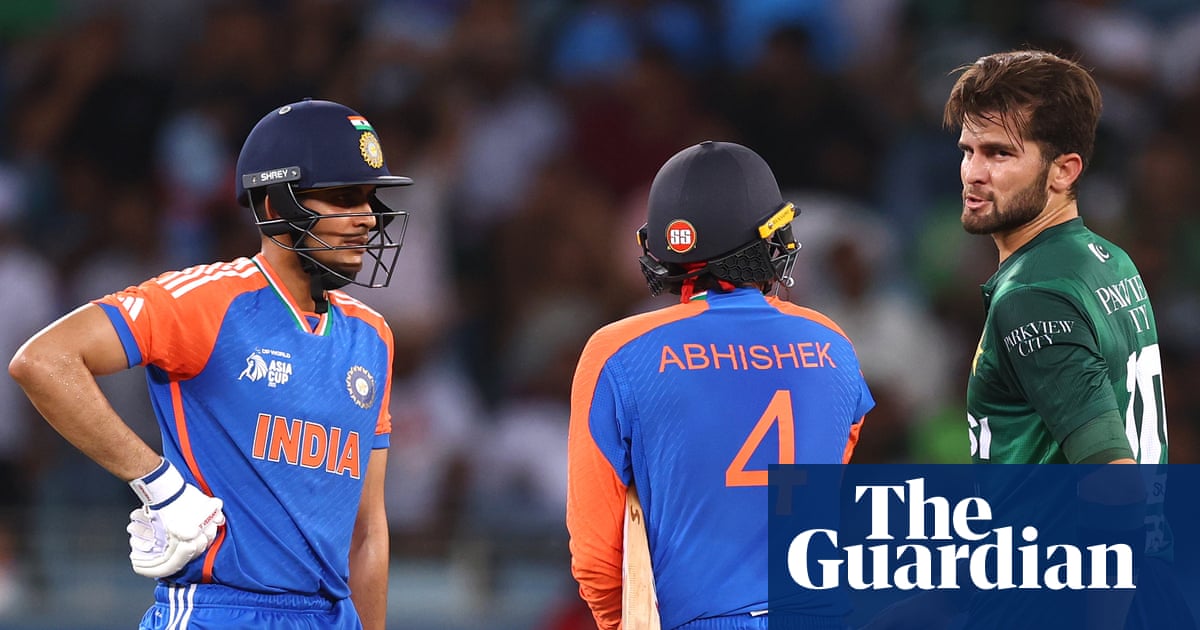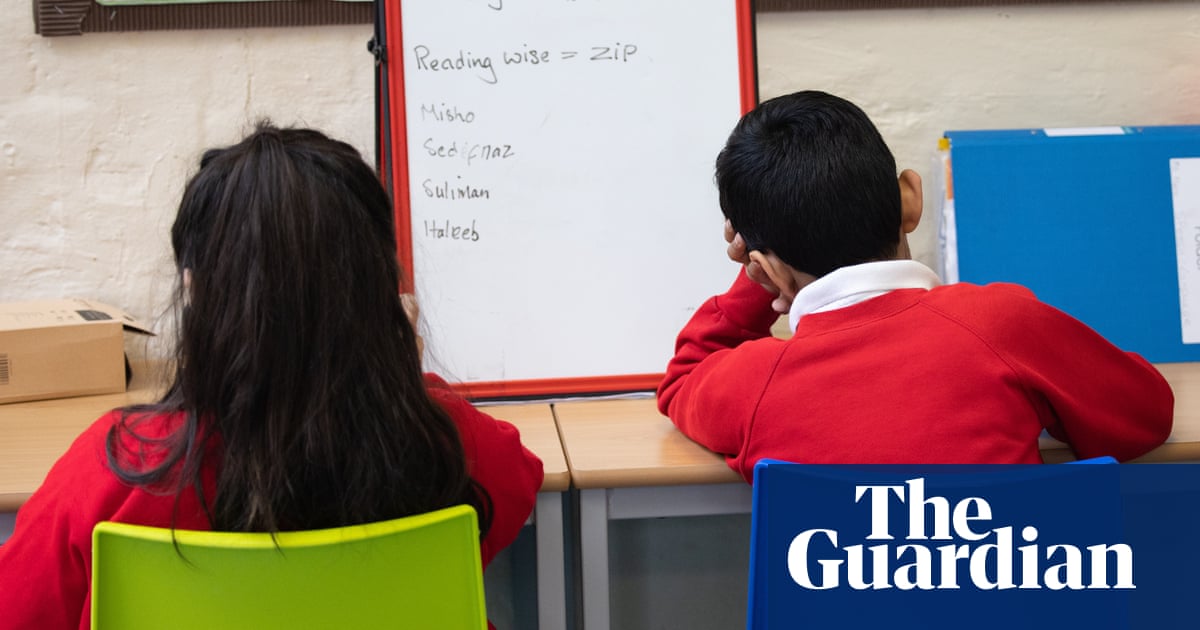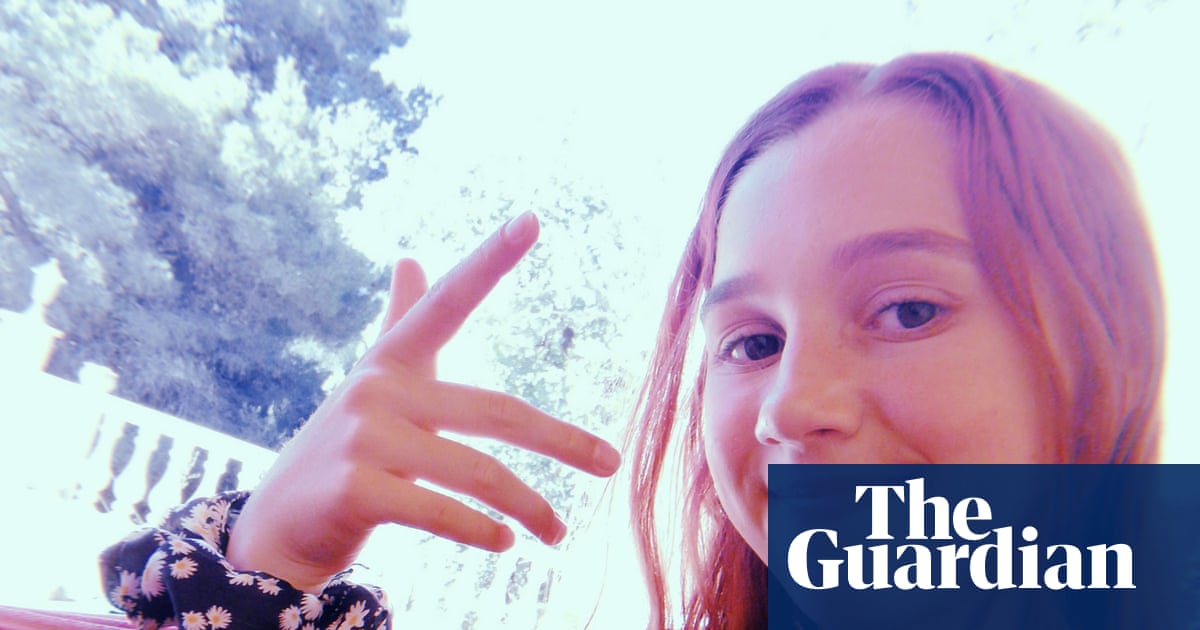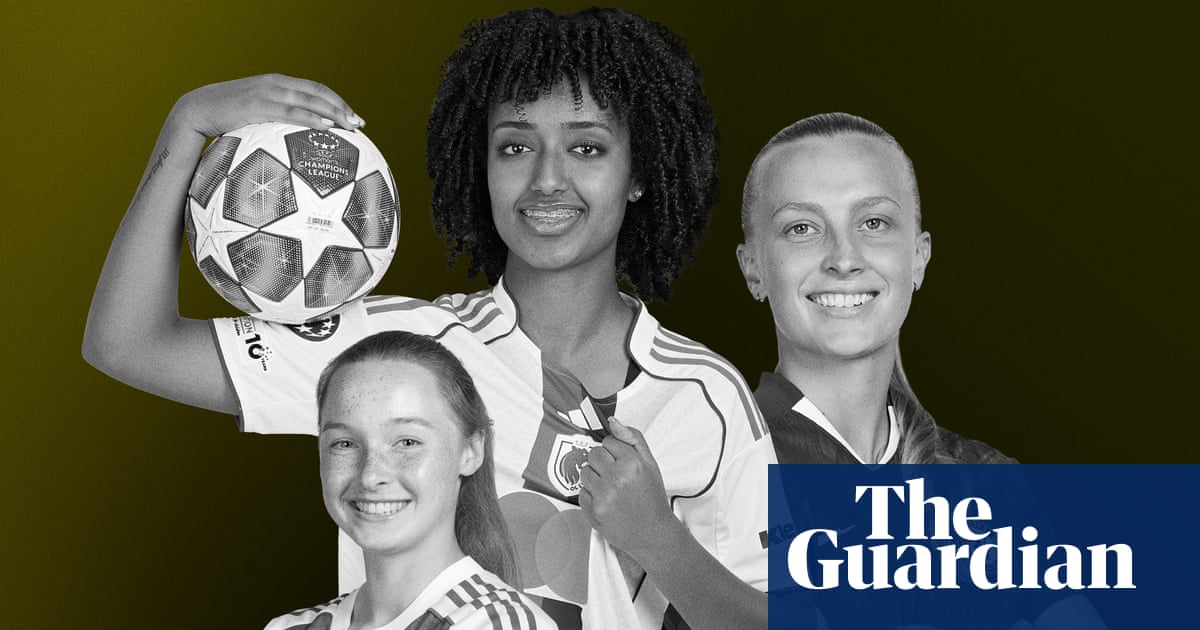Lots of programmes for children on YouTube are “empty” and do “nothing to encourage the imaginative life of children”, the Teletubbies creator has cautioned parents.
Anne Wood, the veteran children’s producer who devised the popular TV show for preschool children, said children’s television had long been undervalued and she feared “we’re losing a tremendous amount and nobody can see it because it’s not considered important”.
She felt that platforms such as YouTube had abdicated “the responsibility of art” produced by trained professionals. “It’s exciting but it’s not necessarily being used responsibly in the interests of young audiences,” she said.
Wood and other figures in children’s TV shared their concerns that the algorithmic and endless scroll functionalities on YouTube did not prioritise high-quality content for children in the same way that public service broadcasters could, after the children’s laureate, Frank Cottrell-Boyce, told MPs that much programming on YouTube served as “sedation”.
Wood said the decline that started when the Communications Act ceased to require commercial public service broadcasters to invest in children’s TV in 2003 had accelerated with the advent of algorithm-driven online platforms. That Teletubbies “made a huge amount of money for the BBC” had been “forgotten”, she added.
Although Teletubbies was accused of “dumbing down” when it first aired in 1997, academic research subsequently suggested that the emphasis on rhyme, repetition and simplicity improved children’s language capabilities.
Wood acknowledged “an awful lot of people didn’t understand Teletubbies” but attributed the show’s success to focus groups aimed at meeting children where they were – reversing the prevalent idea that “you had to tell children things”.
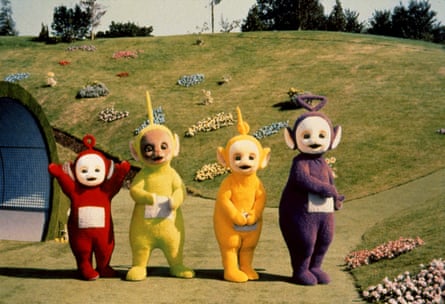
“In television, you can tremendously show and reflect back to children their own experience in a comic way that makes them smile – if you have children smiling their confidence is building,” she said. “There’s a real art in editing for a three- or five-year-old – you hold to allow the child time.”
She contrasted this with algorithms that “beat down your own ability to develop and think around and imagine around”. She said shows such as CoCoMelon were “a distraction” to assist busy parents, which could be helpful in small doses, though she wondered “what it’s squeezing out, what children are missing”, with many YouTube channels “on the side of what makes money for them”.
The children’s TV presenter Konnie Huq, who presented Blue Peter between 1997 and 2008 and will soon be starring in the BBC’s new drama Dexter Proctor, 10-Year-Old Doctor as headteacher Ms Saeed, agreed the children’s TV landscape had changed significantly.
“If you search for it, you can find really good educational stuff, but if a child is told they can eat sugar for every meal they might eat sugar for every meal. People – grown-ups and kids – will go for instant gratification and a dopamine hit over something that might be a bit more work but might give delayed gratification and longer term benefits,” she said.
Huq also said she feared the media industry more widely was increasingly commercially driven: “Nowadays it’s hard to even exist in the world of media without – maybe that’s my downfall – TikTok and Instagram and a million zillion product endorsements. The BBC was the last bastion of not being that, but when you go to a meeting at the Beeb now they want people to be doing that stuff.”
But she felt the undervaluing of children’s TV, which was sidelined from the main Bafta event and in which remuneration was lower, had deep roots. “People sort of look at as a secondary little brother or sister, whereas it’s way more important than grownup TV in the respect that you’re bringing up kids to be the grownups of tomorrow,” she said.
Sonia Livingstone, the director of the Centre for Children’s Digital Futures at the London School of Economics, said evidence suggested that children benefited from high-quality content that is educational, creative or imaginative, though “parents don’t always know how to tell what’s of value”.
She added “the problem with YouTube was more the format than the content” as the algorithm is commercially motivated and capable of “grabbing and sustaining attention beyond where the child would naturally keep watching”.
YouTube has been approached for comment.
Dexter Procter: The 10-Year Old Doctor will be available on BBC iPlayer and CBBC in December.

 2 months ago
83
2 months ago
83



